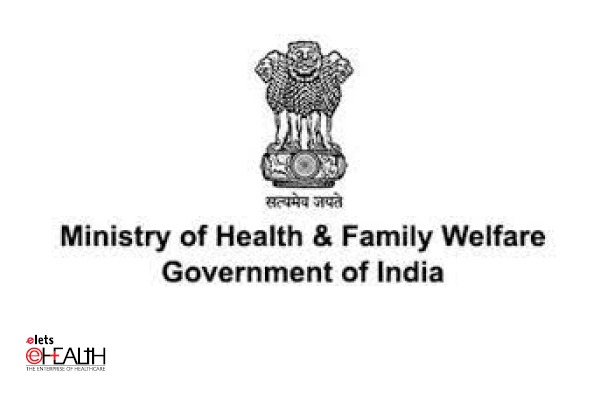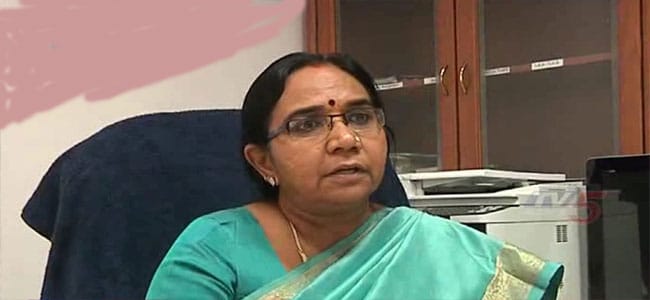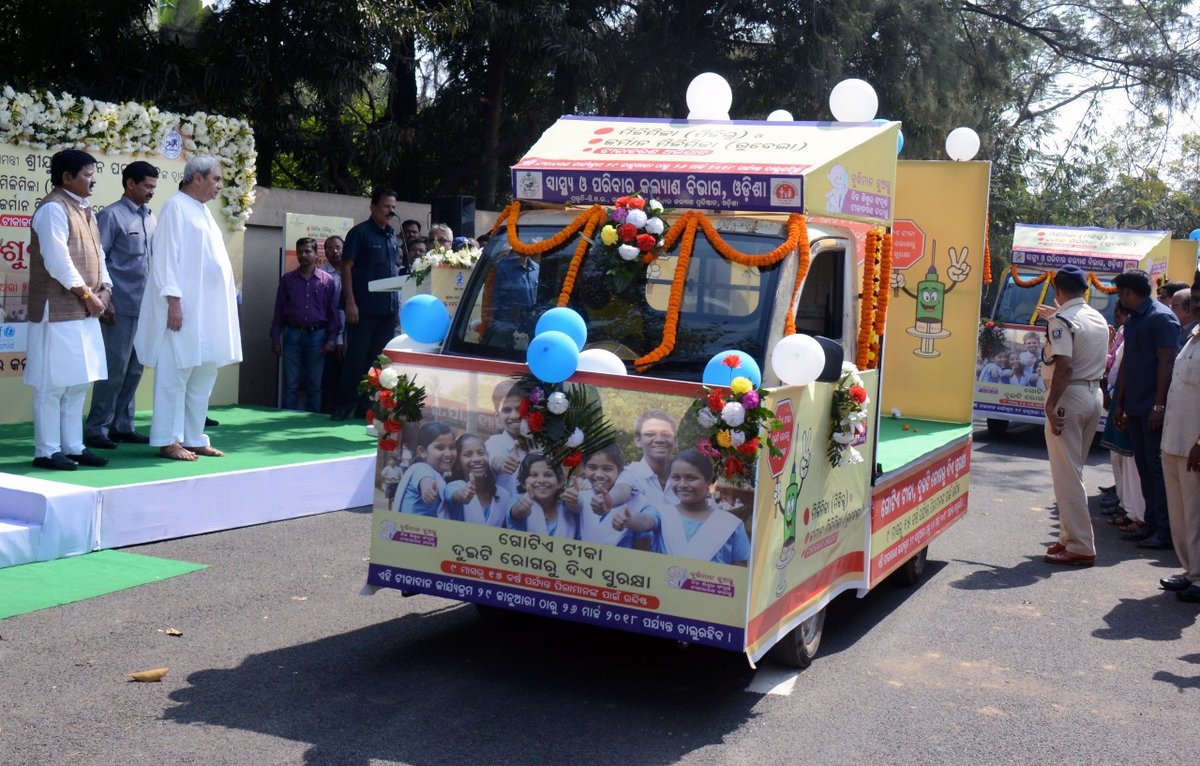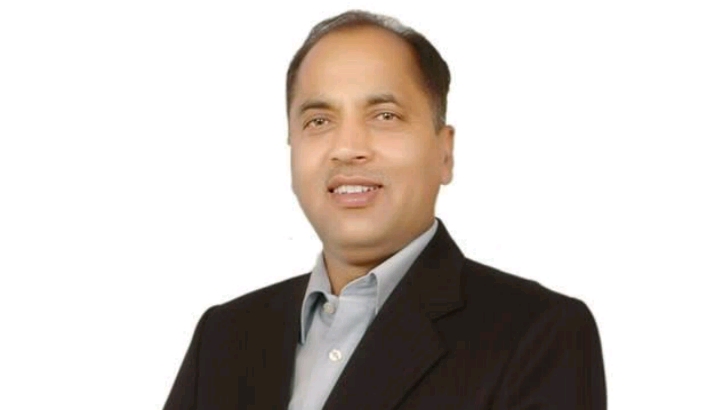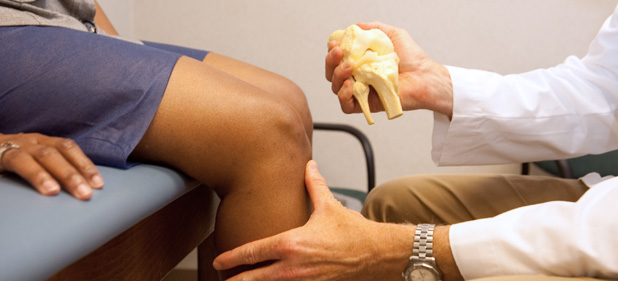 India Health Progress (IHP) in association with Partnership to Fight Chronic Disease (PFCD) organised an expert roundtable on Non-Communicable Diseases Burden in India: Strategizing the Way Forward at Taj Mahal Hotel, New Delhi. The conference stressed that Non-Communicable Diseases (NCDs) are the prime cause of death and disability worldwide, having killed more than 36 million people in 2008. Indians are presently prone to four major NCDs “ cardiovascular diseases, diabetes, cancer and chronic lung diseases.
India Health Progress (IHP) in association with Partnership to Fight Chronic Disease (PFCD) organised an expert roundtable on Non-Communicable Diseases Burden in India: Strategizing the Way Forward at Taj Mahal Hotel, New Delhi. The conference stressed that Non-Communicable Diseases (NCDs) are the prime cause of death and disability worldwide, having killed more than 36 million people in 2008. Indians are presently prone to four major NCDs “ cardiovascular diseases, diabetes, cancer and chronic lung diseases.
Speaking at the event, Dr Kenneth Thorpe, Chairman “ PFCD, said: Since Indians have high risk factors for NCDs, preventive measures should be implemented urgently. While the broad range of preventive measures are well known, proper implementation will determine actual success. WHO data indicates there will be a cumulative rise in heart diseases, stroke and diabetes, with India slated to lose $237 billion between 2005 and 2015 due to illness-related causes. But nations cannot act in isolation. Considering the universal impact of NCDs, global cooperation is imperative to combat the epidemic.

Chronic NCDs have replaced communicable diseases as the most common causes of morbidity and premature mortality worldwide. About 80% of disease burden occurs in low and middle-income nations, with 25% being individuals under 60 years. By 2015, two diseases “ cardiovascular diseases and diabetes “ are expected to reduce global GDP by 5%. Taking cognizance of the growing NCD burden, Indias 12th Five-Year Plan will cover major NCDs such as cancer, diabetes, cardiovascular diseases and stroke, chronic obstructive pulmonary diseases, chronic kidney diseases, mental disorders, Iodine Deficiency Disorders, fluorosis and ortho-dental disorders.
Be a part of Elets Collaborative Initiatives. Join Us for Upcoming Events and explore business opportunities. Like us on Facebook , connect with us on LinkedIn and follow us on Twitter , Instagram.


